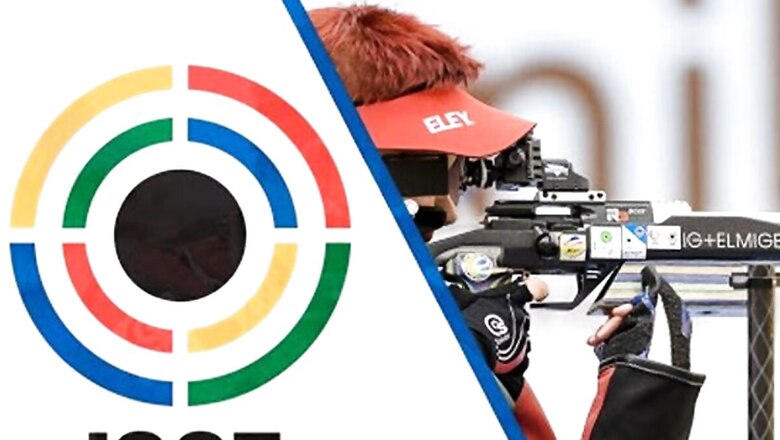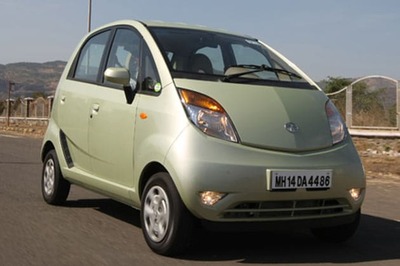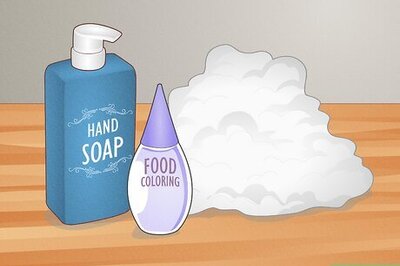
views
Indian shotgun shooters could be impacted in a big way financially if the proposed European Union (EU) norms, curtailing the use of lead pellets in ammunition, are implemented in the foreseeable future.
One of the major ramifications of banning lead in ammunition is that marksmen will either have to change the barrels of their shotguns or purchase new guns altogether, both of which are extremely expensive propositions.
The International Shooting Sport Federation (ISSF), the global governing body for the sport, has conceded that the movement to ban lead shots by the EU because of the metal’s harmful effects on the environment is in a “critical state”.
Reports suggest that the new rule change could come as early as after the 2024 Paris Olympics.
Commonwealth Games gold medallist trap shooter Mansher Singh and Asian Games double-trap champion Ronjan Sodhi conceded that the latest developments in the EU with regard to the use of lead shots should be taken seriously by Indian shooters and they foresee a shift to the use of steel pellets, which are environmentally friendly.
An ISSF statement on July 28 stated that the EU will soon vote on the controversial issue and it has requested its European members to ensure the new norms do not get implemented.
“The ISSF is in support of managing lead in a responsible way, and we will continue to research best practices and feasible alternatives, we feel that the ECHA proposal will create great economic hardship to many local ranges and irreversibly damage our sport at local and regional levels.” But the two leading former Indian shooters told PTI that change is bound to happen sooner rather than later as the EU tries to protect its environment.
India has produced some of the best shotgun shooters in the world, including Olympic silver medallist double-trap marksman RVS Rathore, world champion Manavjit Singh, Mansher, Ronjan, Ankur Mittal and Mairaj Ahmed Khan to name a few, and the current crop too is showing promise.
But the huge financial burden of changing the guns or barrels as per the requirement of the ammunition could become a big hurdle in the growth of the sport.
“I do feel, it’s (moving to steel shots) is good for the environment, but the guns are very expensive. So, definitely, there will be a lot of costs involved. A shotgun, be it trap or skeet can cost around Rs nine lakh, and top shooters require at least a pair,” said Ronjan, the two-time World Cup gold medallist.
“From an Indian perspective, if the EU norms are implemented, ammunition will be in short supply. You will not get this ammunition in India (promptly). The Covid pandemic has already made procuring guns from Europe difficult and there is a one-year waiting period.
“My belief is that the new norms will come into effect post the 2024 Paris Olympics,” said Ronjan.
“A lot of ranges in Europe are banning the use of lead shots because they contaminate the water and the fields. Lead is poisonous… Obviously, if it rains, lead gets into the groundwater. Eventually, it (transition from lead to steel shots) is going to happen,” said Ronjan.
“England, even Italy, has a few ranges that have banned lead pellets. There are no two ways about it that when the rules are implemented Indian shooters will have to move with it,” added Ronjan.
Mansher said meetings are on between the EU and ISSF officials on the issue and hoped the EU will give enough time to the shooters and gun and ammunition manufacturers to make the transition to more eco-friendly steel shots.
“They (EU) will ultimately replace lead and the issue is to give enough time to the stakeholders (shooters, ammunition and gun manufacturers) to be in a position to manufacture products which are environmentally friendly without endangering the sport in general.
“It should not be a knee-jerk reaction, which adversely impacts shooting sport,” he said.


















Comments
0 comment